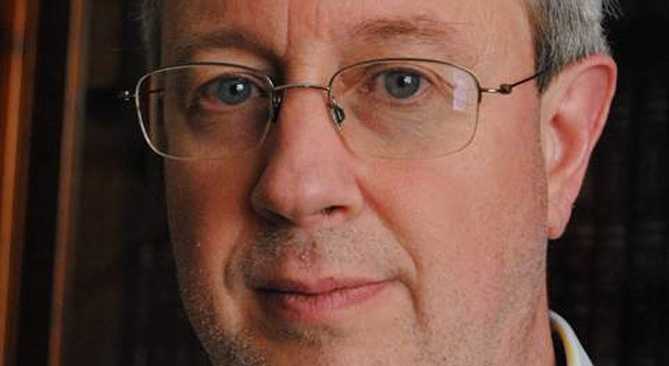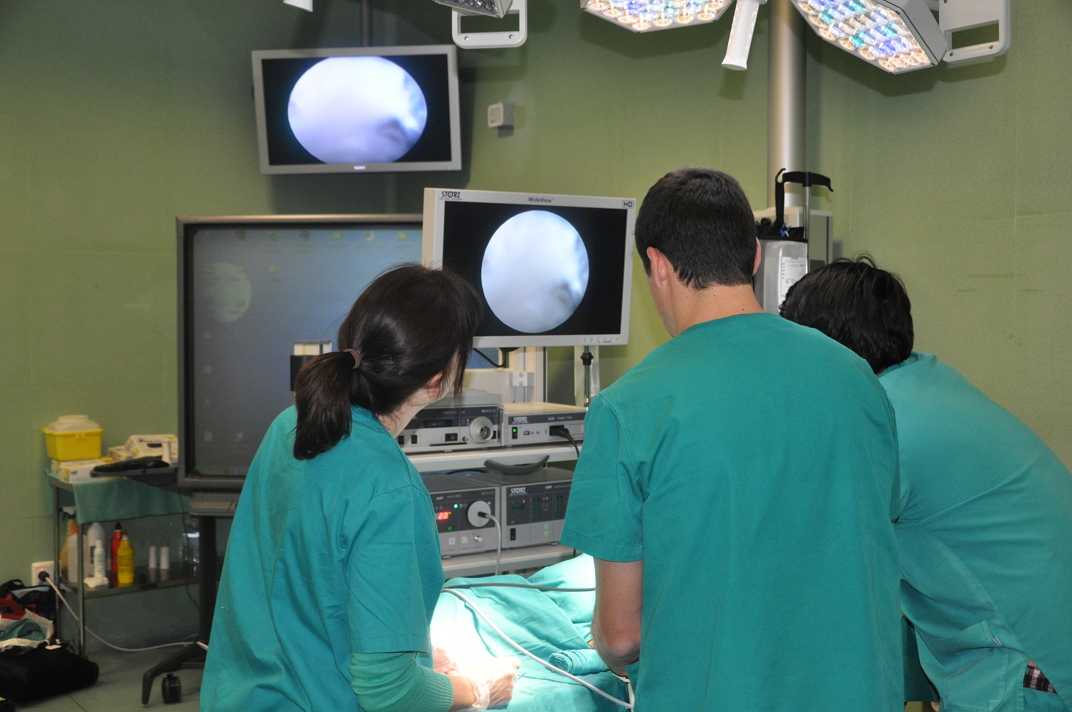Dr.Ramón Martínez Máñez has been appointed Scientific Director of the CIBER-BBN
Dr. Ramon Martinez Máñez, CIBER-BBN researcher at the Polytechnic University of Valencia, has been appointed Scientific Director of the CIBER-BBN in the CIBER Standing Committee of the Institute of Health Carlos III. Martinez-Máñez relieves Dr. Pablo Laguna, who occupied this position since February 2011.
Ramon Martinez Máñez is Principal Investigator of CIBER-BBN in the Group of Applied Molecular Chemistry Center of Molecular Recognition and Technological Development of the Polytechnic University of Valencia (UPV-ADM-IQMA).
“Some of the challenges and objectives in this new stage will be the promotion of competitiveness and quality of research, promote collaboration between groups both in the CIBER-BBN as other CIBER groups and promoting translational research, especially for clinical applications, “said Ramon Martinez Máñez.
The CIBER-BBN consists of 46 research groups, selected on the basis of scientific excellence, working mainly in three scientific programs: bioengineering and medical imaging; biomaterials and advanced therapies; and nanomedicine.
Martinez Máñez coordinator of BIOGATES, Intramural CIBER-BBN project, investigating new nanoparticles for diagnostics and drug delivery. The research group lines also fall within the Scientific Nanomedicine CIBER-BBN Program. This research group works with other CIBER-BBN groups in the development of nanoscale devices “molecular gates” for controlled drug release. Mesoporous silica nanoparticles with which they work are able to hold a charge in its pore system and deliver it when they applied a chemical, physical or biochemical stimulus. Other applications of these nanoparticles has been the selective delivery of cytotoxic for cancer cells, removal of bacteria or the release of certain drugs in senescent cells. Another of his lines of work is the development of probes for the detection of molecules of biological interest.










